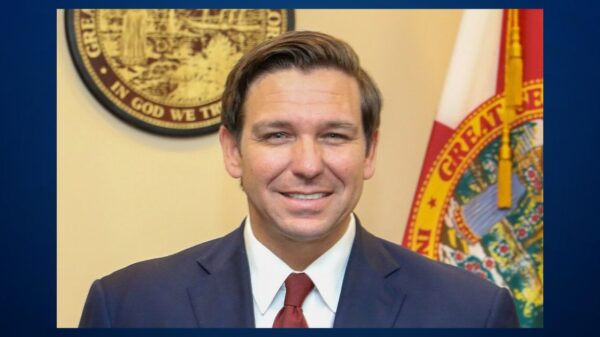Time and money are the two most limited resources in a political campaign. While a manager may be able to squeeze in one more fundraiser or send an additional solicitation, no campaign can ever get back misspent time. In presidential nomination contests, well-spent time and money translate to momentum, and enough momentum, such as the kind generated from winning early contests, is hard to stop. While Donald Trump continues to enjoy a large lead in the early states, his victory is not inevitable. If Republicans want to turn in a different direction from another Trump presidency, they need to coalesce around the one candidate who finds the right strategy to optimize the remaining time and money and generate maximum momentum from the early contests.
Today, Nikki Haley has momentum propelling her. She is moving in the right direction in the Iowa, New Hampshire, and South Carolina polls. But to pull off the upset of defeating the former president, Haley must decide if Iowa or New Hampshire is the state to make her stand. Ron DeSantis has clearly picked Iowa, and Chris Christie planted his flag in New Hampshire. However, Haley is still trying to play in both, which really means neither. It is time for her campaign to pick, and New Hampshire gives her the best shot to win.
Haley needs an early win to stop Trump from consolidating momentum; New Hampshire is where he is most vulnerable. Since the start of polling this cycle, Trump’s floor in the Real Clear Politics average is 41%, while his ceiling has only reached 48%. In Iowa, he has exceeded the 50% threshold. So, it is New Hampshire where he is vulnerable in a one-on-one race. Furthermore, with DeSantis staking his campaign on an upset in Iowa, Haley is unlikely to get the one-on-one contest she needs in the Hawkeye State. She should cede the state to DeSantis’ best efforts and save her time and money for somewhere more valuable to long-term success – New Hampshire.
Equally important, a win in Iowa does not translate to momentum in New Hampshire. Since 1980, no candidate in an open Republican presidential primary has won both Iowa and New Hampshire. Even if DeSantis does put together a win in Iowa, which is looking unlikely, he does not have the infrastructure or time invested in New Hampshire to keep the momentum going. Primary voters in New Hampshire demand contact with candidates; every day Haley spends trying to make something happen in Iowa is a day she is not with New Hampshire voters and a day she is hurting her chances of achieving that essential win before the next primary in her home state of South Carolina.
Candidates hoping to beat Trump in New Hampshire have the added benefit of an open primary, where Independent voters can participate in party primaries. With Joe Biden boycotting the state’s Democratic primary, the potential for high independent participation in the Republican primary exists. These voters are likely not to be fans of Donald Trump.
While a focused use of time and money can produce momentum, winning a presidential nomination also requires a little bit of luck. Trump can only lose if he faces one candidate who consolidates the field against him. Dividing the anti-Trump vote is a strategy that served Trump well in 2016. For him to lose the nomination in 2024, the field must continue to wane early. That means for Haley to have the shot, others need to drop out. Haley cannot control that piece of the puzzle; all her campaign can do is run the best-focused strategy and hope to create the right environment for their desired outcome.
John McCain won the New Hampshire primary twice against the odds. He did it by skipping the Iowa caucuses and focusing on a one-state strategy. His momentum in 2000 from New Hampshire was not quite enough to upset Bush and the Republican establishment in South Carolina, but it was in 2008. The New Hampshire springboard worked for Reagan in 1980, Bush in 1988, McCain in 2008, and Trump in 2016. It could work again for Haley in 2024, but it will take the right strategy and discipline to execute.
Christian Ferry is an executive vice president in the Corporate Affairs Practice at BCW in Washington, D.C. He served as deputy campaign manager for John McCain’s 2008 presidential campaign and is a veteran of numerous political campaigns. This article was originally published by RealClearPolitics and made available via RealClearWire.




















